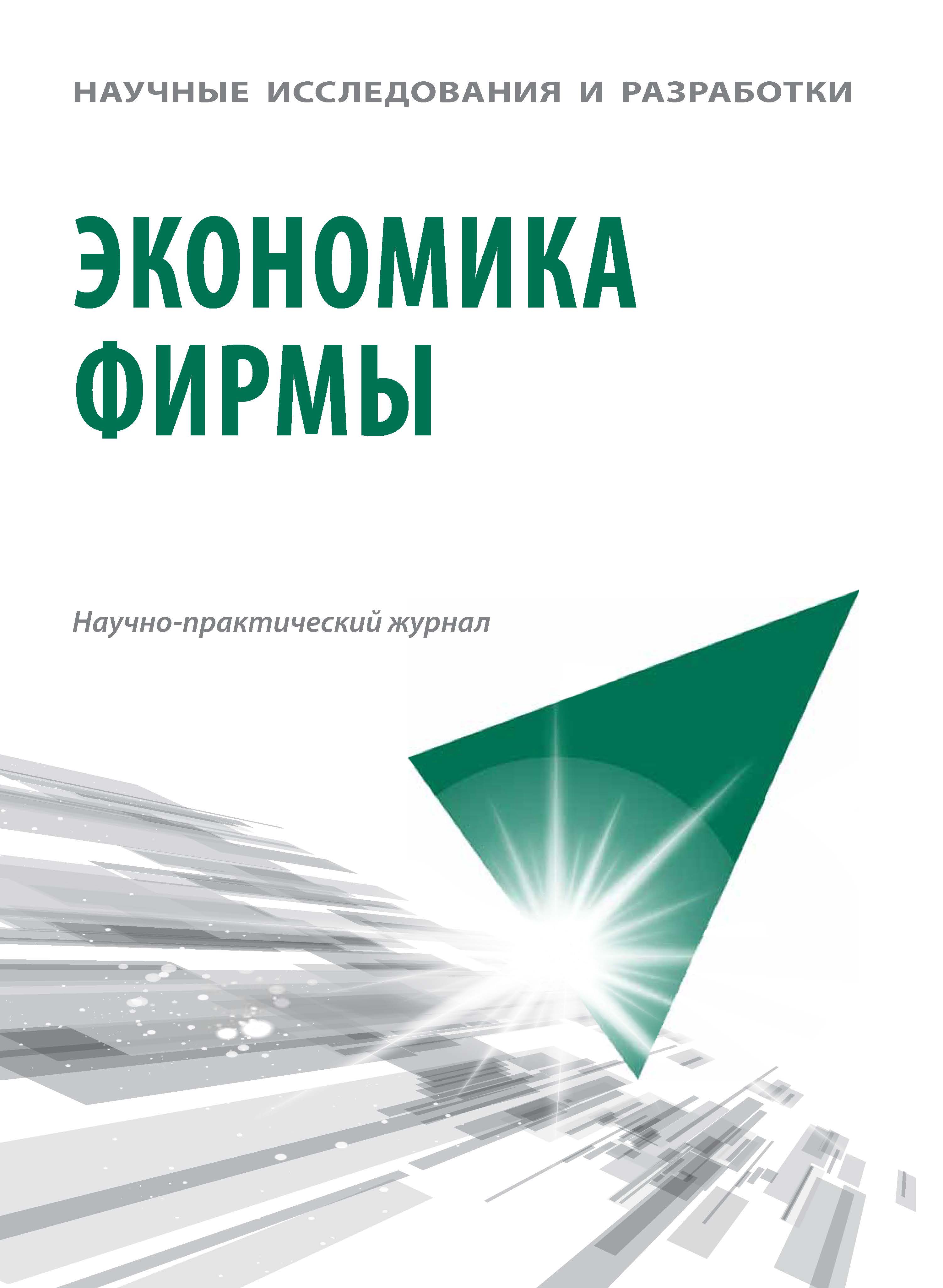The annually developed in the Russian Federation main directions of the budget policy of the state, on the one hand, are aimed at maintaining the necessary level of tax burden on various categories of taxpayers, taking into account industry specifics. On the other hand, the ongoing control over the observance of the minimum values of the fiscal burden. These circumstances provide the necessary monetary resources to the revenue part of budgets of all levels. In addition, the implementation of functions by public institutions at the appropriate level is taken into account. These measures are aimed at ensuring a steady increase in the welfare of citizens. They stimulate the competitiveness of the domestic economy in the medium term. At the same time, the number of field tax audits as of July 01, 2021 decreased by 31% as compared to the same period as of July 01, 2017. The total number of additional accruals revealed by field tax inspections increased 2.5 times, reaching an average of 40.2 million rubles per inspection unit. At the same time, control and enforcement of tax compliance measures are increasing. The introduction of elements of digitalization is now an effective mechanism in the collection of information about the levels of consumption of individuals or households. It also takes into account the amount of capital and the amount of assets, grouped according to individual categories of households. Digitalization allows the transfer of information received from third parties, including the amount of income received, as well as the amount of consumption for the tax period. According to the results of the study, the dependence of digital technologies used by the fiscal authorities, the number of field tax audits and additional tax assessments were identified. In addition, possible areas of improvement of tax control methods in today's digital relationships were identified.
tax control, taxpayer, tax administration, economy, digitalization
1. Aliev M.A., Alieva E.B., Shugaibova K.R. Problemy sovershenstvovaniya sistemy nalogov i sborov Rossiyskoy Federacii // Zakon i pravo. 2020. № 2. S. 61-62. DOI: https://doi.org/10.24411/2073-3313-2020-10064; EDN: https://elibrary.ru/NXCDWA
2. Balihina N.V., Kosov M.E., Zayceva A.S. Osobennosti primeneniya mehanizmov byudzhetnogo federalizma v Rossii i za rubezhom // Auditorskie vedomosti. 2021. № 2. S. 66-71. EDN: https://elibrary.ru/UMNAQI
3. Efimova M.R., Kuznecov N.V., Ponkratov V.V. Problema analiza finansovogo rezul'tata konsolidirovannyy gruppy kompaniy v usloviyah investicionnogo razvitiya // Vestnik universiteta. 2018. № 10. S. 136-144. DOI: https://doi.org/10.26425/1816-4277-2018-10-136-144; EDN: https://elibrary.ru/YQOBPF
4. Zaharova A.V., Samodelko L.S., Kirova E.A. Ocenka vozmozhnosti primeneniya cifrovoy platformy Federal'noy nalogovoy sluzhby Rossii pri opredelenii nalogovoy nagruzki organizacii // Vestnik universiteta. 2021. № 4. S. 97-105. DOI: https://doi.org/10.26425/1816-4277-2021-4-97-105; EDN: https://elibrary.ru/JNMSSV
5. Izotov A.V. Cifrovizaciya nalogovyh pravootnosheniy: teoretiko-pravovoy aspekt // Finansovoe pravo. 2021. № 1. S. 28-31. DOI: https://doi.org/10.18572/1813-1220-2021-1-28-31; EDN: https://elibrary.ru/GQSOOX
6. Karaev A.K., Ponkratov V.V. Mezhstranovoy analiz effektivnosti energeticheskih subsidiy // Ekonomika. Nalogi. Pravo. 2019. T. 12. № 5. S. 101-110. DOI: https://doi.org/10.26794/1999-849X-2019-12-5-101-110; EDN: https://elibrary.ru/PRYSPX
7. Kirova E.A., Kozhebatkina A.V. Modernizaciya nalogovogo kontrolya v usloviyah cifrovoy ekonomiki // Vestnik universiteta. 2020. № 9. S. 94-99. DOI: https://doi.org/10.26425/1816-4277-2020-9-94-99; EDN: https://elibrary.ru/YNQMHB
8. Kosov M.E. Problematika vneshnego gosudarstvennogo finansovogo kontrolya v Rossiyskoy Federacii // Auditorskie vedomosti. 2021. № 2. S. 48-51. EDN: https://elibrary.ru/AJMWIQ
9. Mitusova E.Yu. Perspektivy integracii operativnogo kontrolya v sistemu nalogovogo kontrolya // Ekonomicheskoe razvitie Rossii. 2021. T. 28. № 7. S. 49-56. EDN: https://elibrary.ru/CNVFAO
10. Napso M.B. Nalogovye novacii v kontekste realizacii principov nalogooblozheniya // Sovremennoe pravo. 2020. № 4. S. 67-73. DOI: https://doi.org/10.25799/NI.2020.39.98.008; EDN: https://elibrary.ru/WNPGPB
11. Nikonov P.A. Vyyavlenie nalogovyh zloupotrebleniy // Buhgalterskiy uchet. 2021. № 6. S. 49-54. EDN: https://elibrary.ru/OEQEJW
12. Ponkratov V.V. Vliyanie akcizov na nefteprodukty na razvitie neftepererabotki i neftehimii v Rossii // Finansovaya zhizn'. 2018. № 3. S. 23-27. EDN: https://elibrary.ru/YABWQX
13. Pugachev A.A. Nalogovyy razryv na regional'nom urovne i ocenka faktorov ego opredelyayuschih // Ekonomicheskie i social'nye peremeny: fakty, tendencii, prognoz. 2020. T. 13. № 3. S. 93-110. DOI: https://doi.org/10.15838/esc.2020.3.69.7; EDN: https://elibrary.ru/VGDNTG
14. Sekushin A.Yu. Cifrovizaciya i nalogovyy kontrol': opyt zarubezhnyh administraciy i vozmozhnosti ego implementacii v Rossii // Nalogi i nalogooblozhenie. 2021. № 3. S. 26-38. DOI: https://doi.org/10.7256/2454-065X.2021.3.35625; EDN: https://elibrary.ru/VYEUCS
15. Semenova G.N. Nalogovyy kontrol' i otvetstvennost' za sovershenie nalogovyh pravonarusheniy // Vestnik Moskovskogo gosudarstvennogo oblastnogo universiteta. 2021. № 1. S. 133-144.
16. Tuskaeva M.R., Betrozov S.A., Gasanova Z.A. Innovacionnoe razvitie nalogovogo mehanizma s uchetom mezhdunarodnoy praktiki // Ekonomika i upravlenie: problemy, resheniya. 2019. T. 4. № 1. S. 155-159. EDN: https://elibrary.ru/NPSPIK
17. Eriashvili N.D., Sof'in A.A., Nazarychev D.V. Nalogovyy monitoring kak sposob obespecheniya ekonomicheskoy bezopasnosti // Na strazhe ekonomiki. 2020. № 3 (14). S. 87-91. DOI: https://doi.org/10.36511/2588-0071-2020-3-87-91; EDN: https://elibrary.ru/TYLYJQ
18. Yarnyh E.A. Metodologiya statisticheskogo issledovaniya informacionnoy infrastruktury rynka tovarov i uslug: dis. … d-ra ekon. nauk / Rossiyskiy ekonomicheskiy universitet im. G.V. Plehanova. M., 2009. EDN: https://elibrary.ru/QETDKR






